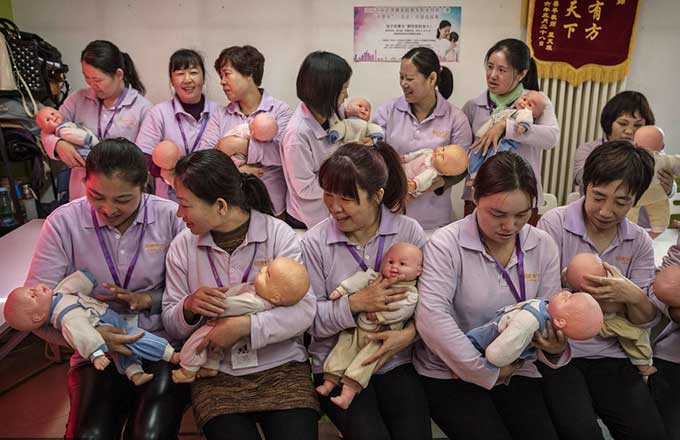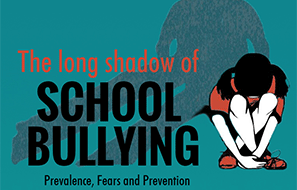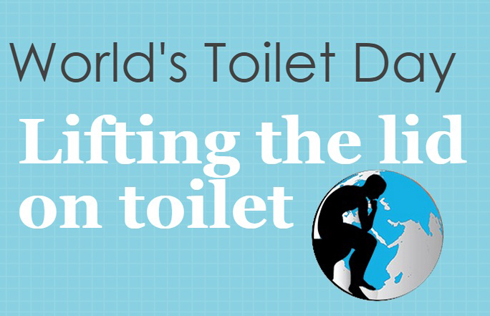CPR call exposes need for first aid
An audio clip of a wife performing CPR on her unconscious husband under the direction of an emergency services operator, which went viral, highlights the importance of basic first-aid knowledge, according to a senior doctor.
In the 26-minute call, which was recorded in October, but released recently by authorities, the woman says her husband has collapsed at their home in Wuhan, Hubei province. Suspecting a heart attack, the operator tells her how to perform chest compressions, which she does until an ambulance arrives.
The man, identified only as Peng, 43, was taken to Wuhan Central Hospital and three days later was said to have recovered. Doctors said the first aid performed by his wife was crucial to his survival.
"The survival rate of sudden cardiac arrest victims outside a hospital is less than 1 percent," Chen Manli, director of cardiovascular medicine at the hospital, was quoted as saying by Yangtze River Daily. "His wife played a vital role by conducting chest compressions in the 'golden four minutes'."
In 2014, China had 325 emergency centers nationwide, more than double compared with 2005, according to China Health and Family Planning Commission Statistical Yearbook 2015.
However, the ability of Chinese to perform potentially lifesaving first aid remains limited.
"For Chinese, there is a huge lack of first-aid training, but more importantly, the public is not fully aware of its importance," said Jia Dacheng, a retired doctor formerly with Beijing Emergency Center and an expert on first-aid training.
He said that as easy as first-aid training is, it can be the difference between life and death.
"Victims of sudden cardiac arrest can potentially be saved by simple chest compressions within the first four minutes - after which they could suffer permanent brain damage."
Qiu Zhiwei, the student leader of a volunteer group promoting first-aid knowledge at Beijing's Renmin University of China, said: "Most people fail to perform first aid not because it's complex, but because they have not taken the time to learn how to perform it."
Jia said he has been promoting first-aid training since 1985, but that the power of an individual is limited.
Li Lei contributed to this story.


















